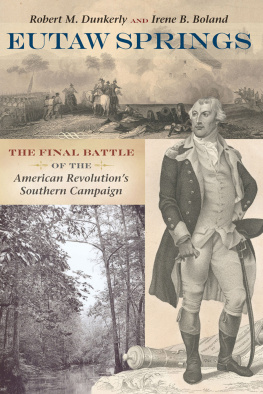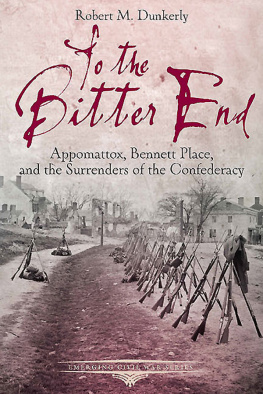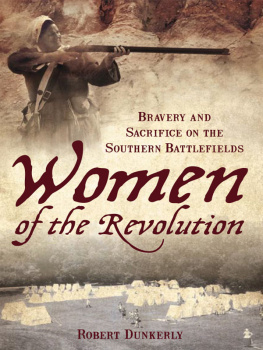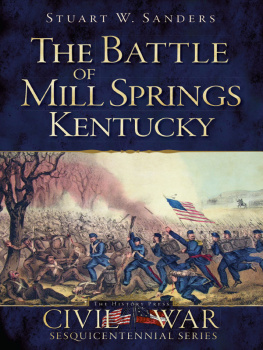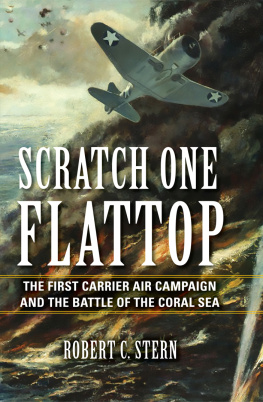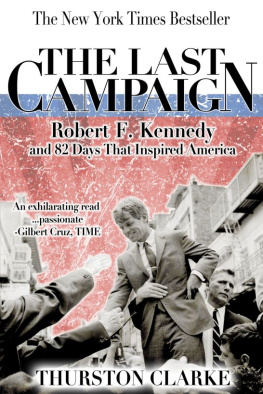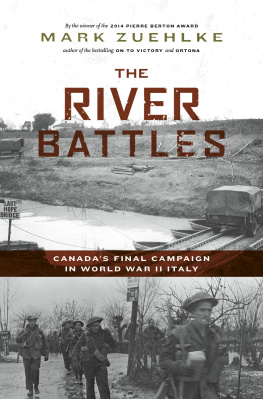2017 University of South Carolina
Published by the University of South Carolina Press
Columbia, South Carolina 29208
www.sc.edu/uscpress
26 25 24 23 22 21 20 19 18 17
10 9 8 7 6 5 4 3 2 1
Library of Congress Cataloging-in-Publication Data can be found at http://catalog.loc.gov/
ISBN 978-1-61117-758-9 (paperback)
ISBN 978-1-61117-759-6 (ebook)
Front cover illustrations: (top) Battle of Eutaw Springs, 1857, engraving by Irving Washington, and (right) Nathanael Greene Major, engraved by J. B. Longacre from a drawing by H. Bounetheau, courtesy of the New York Public Library Digital Collections; and (left) Eutaw Creek downstream from big spring, courtesy of the South Caroliniana Library, University of South Carolina, Columbia.
Dedicated to Al Boland, whose love of military history was the inspiration for this book
To the Memory of the Brave Americans under General Greene, in South Carolina, Who Fell in the Action of September 8, 1781
Phillip Freneau
At Eutaw Springs the valiant died,
Their limbs with dust are covered oer.
Weep on, ye Spring, your beautiful tide;
How many heroes are no more.
If in this wreck of ruin, they
Can yet be thought to claim a tear,
Smite your gentle breast and say
The friends of freedom slumber here.
Thou, who shalt trace this bloody plain,
If goodness rules thy generous breast,
Sigh for the wasted rural reign,
Sigh for the shepherds, sunk to rest!
Stranger, their humble graves adorn,
You too may fall and ask a tear,
Tis not the beauty of the morn
That proves the evening shall be clear.
Preface
Who won? On September 8, 1781, a revitalized American army under General Nathanael Greene launched a surprise attack against a makeshift British force under Colonel Alexander Stewart. After several hours of intense combat, Greene broke off the engagement and withdrew. Many controversies remain from the Revolutionary War battle at Eutaw Springs, and this section will explore each of them in greater detail. A review of the sources used will highlight the difficulties in reconstructing the actions of September 8, 1781. Ironically the most enduring point of contention is over who won the engagement.
If the battle had ended when the Maryland and Virginia Continentals made their assault, there would be no question that this was an American victory. These troops swept the field, brushing aside the exhausted English troops and scoring hundreds of prisoners. The British artillery and camp fell into their hands.
Yet here the battle stalled, as the Continentals encountered the Brick House and Maj. John Marjoribanks regrouped at the palisaded garden. Looting, exhaustion, and a breakdown in leadership on the Continentals part, and hard work by Col. Alexander Stewart, Maj. Henry Sheridan, Bvt. Maj. John Coffin, and Marjoribanks to rally their men, turned the tide. The British counterattacked and pushed the Americans back for good. At this point Gen. Nathanael Greene broke off the engagement, as he related in the letter to the Continental Congress he wrote three days after the battle:
Washington failing in his charge on the left, and the Legion baffled in an attempt upon the right, and finding our infantry galled by the fire of the Enemy, and our Ammunition mostly consumed, tho both Officers and Men continued to exhibit uncommon acts of heroism, I thought proper to retire out of the fire of the House and draw up the Troops at a little distance in the Woods, not thinking it adviseable to push our advantages farther; being persuaded the enemy could not hold the Post many Hours, and that our chance to attack them on the retreat was better than a second attempt to dislodge them, which, if we succeeded, it must be attended with considerable loss. We collected our Wounded, except such as were under the command of the fire of the House, and retired to the ground from which we marched in the morning.
The Americans did net several hundred prisoners and pushed the British back, yet they did not break Stewarts army or drive them from the field. Stewarts troops were too weak to pursue and barely held on. A clearer example of a draw could not be had. For months afterward both armies spent their energies on recuperating from this exhausting battle.
Numbers and Losses
Historians also still debate the numbers of prisoners each army gave up and the losses they endured. Exact troop strengths are also in doubt. The present work used the reports of the opposing commanders to produce the numbers presented. Fortunately the returns for both armies exist to aid historians. According to surviving reports, the American armys strength was 2,080 men, and the British had 1,396. When looking at the numbers, it is important to remember that the rooting party sent out by Stewart included about three hundred men, who must be subtracted from his battle strength. While some did rejoin the army, they did not do so until after the engagement.
As far as the disagreement between American and British claims, it will probably never be possible to reconcile them. No doubt Greene, Col. Henry Lee, and others hoped to put the battle in the best light, especially given the dubious outcome and high casualties they suffered. Stewart likely felt the same way with respect to his report to his superiors.
The British lost more men to capture than at any other point in the southern campaign, save for the battle at Cowpens (where more than eight hundred were taken by Gen. Daniel Morgans army). The loss of so many fighting men at a time when the British were spread thin in defending South Carolina was a serious blow, to be followed the following month by Lord Cornwalliss surrender at Yorktown.
Looting the Camp
Perhaps the most enduring issue is the looting by the Continental troops at the battles climax. Has it been exaggerated, or did contemporaries downplay it? Greene does not refer to it at all. Lee alludes to it, but only Col. Otho Williamss account makes much of this aspect of the affair. Out of more than one hundred accounts by battle participants examined during research for this work, only two Americans mention the looting: Williams and Lt. Col. Samuel Hammond. No British accounts refer to the enemys plundering the camp, a significant point since it was their camp in question and the looting supposedly saved their army at the point of collapse.
The first generation of historians to write about Eutaw Springs, which includes William Johnson and David Schenck, placed the blame for Greenes armys coming up short on the looting. Lees son, Henry Jr., insisted in his account of the battle, The Campaign of 1781 in the Carolinas (1824), that the looting of the camp was proof of American victory following the retreat of the British and the camps capture. Johnson, apparently with Williamss account as his source, wrote in his Sketches of the Life and Correspondence of Nathanael Greene (1822) that the men, thinking the victory secure, and bent on the immediate fruition of its advantages, dispersed among the tents, fated upon the liquor and refreshments they afforded, and became utterly unmanageable. According to Otho H. Williams, the camp presented many objects to tempt a thirsty, naked and fatigued soldiery. Lee Jr. and Johnson both assigned greater blame to the looting for the American retreat than did the participants.


